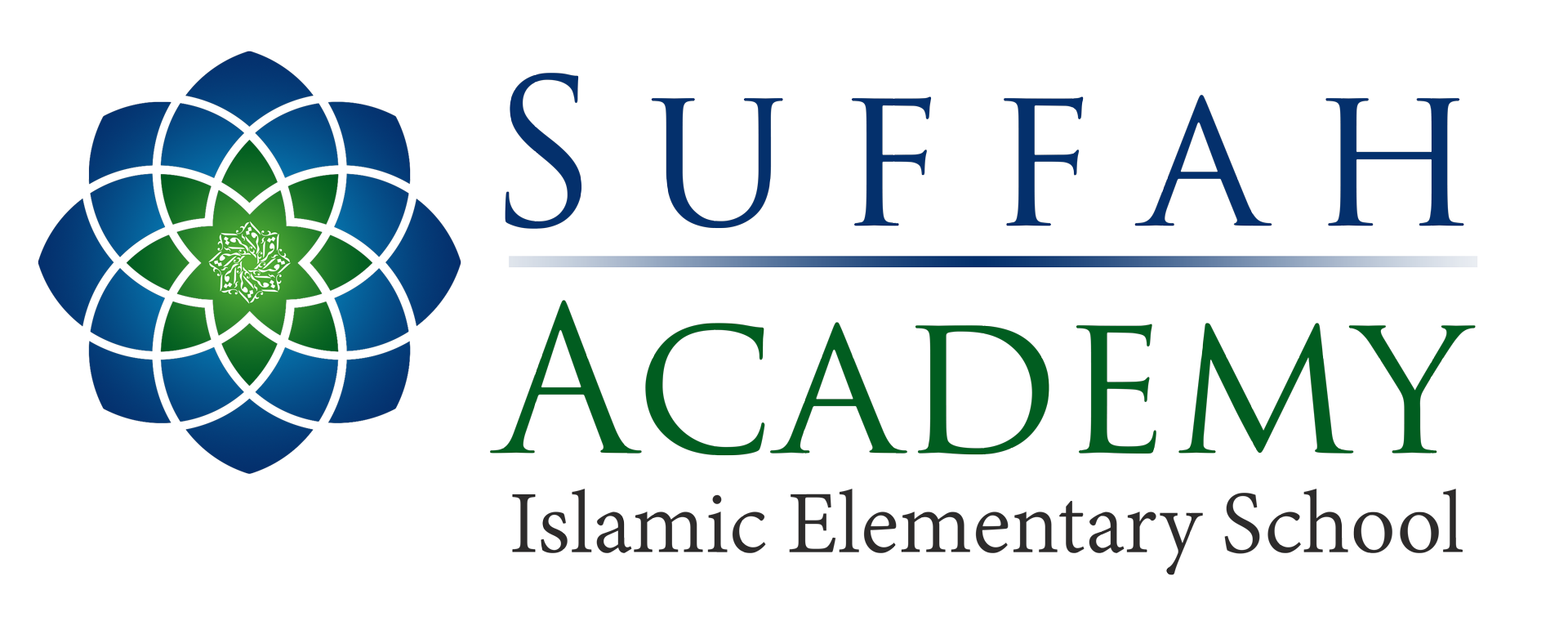Formal school education has come a long way from what is used to be like in the previous century or even the first decade of the 21st century. Schools and teachers are now tech-savvy and they employ student-centred teaching methodologies. The schools that have caught up with the changing trends now emphasise on ensuring that students grow into confident, well-rounded individuals with analytical skills rather than adults who just possess a lot of factual knowledge but don’t know how to do anything with it. These modern schools also focus on ensuring that they accommodate each student’s unique learning style and pace to achieve their objectives. Here are 5 ways in which modern schools are different from traditional schools –
- Digitisation – Earlier, teachers used to rely mostly on textbooks to teach in the class. With tools such as the internet, televisions, projectors, phones and tablets, tech-savvy teachers make their classes more interesting by designing immersive learning experiences for students. It is a known fact that students learn better with audio-visual aids such as photos and videos rather than plain text. For teachers, it becomes easier to explain difficult concepts with these tools and include relevant and engaging materials from outside the book in their lessons.
- Teaching methodologies – In traditional classrooms, teachers used to do most of the talking and students used to listen and take down notes. The modern teaching methodologies have changed this situation and they require students to be active participants in class. Teachers encourage students to discuss topics among themselves, debate on topics and ask questions. In some schools, teachers may even include students in the syllabi-designing process. Assignments can involve groupwork or they may be individual-based, and more then often, they require students to go online or to libraries for research, engage in fieldwork, observe specific situations and draw inferences, talk to other people or just think about what they feel about the topic. These assignments take into account the creativity of the students rather than just their factual knowledge. Student-teacher interaction has also changed as teachers are now available on whatsapp and email, which gives students an opportunity to engage with them outside of the classroom to ask questions and discuss assignments.
- Focus on extra-curricular activities – Good schools emphasise equally on academics and extra-curricular activities.They allow students to pick their own subjects and activities early on school so that children realise their interests and start honing them from an early age. They don’t just have book clubs, soccer and guitar classes, but they might also have theatre, jujitsu, gardening, cooking, etc, for extra-curricular activities.
Looking for an Islamic school that balances modernity with Islamic principles in Mississauga, Canada? Then check out the Suffah Academy! Suffah Academy emphasizes on providing an enriched learning environment to students from Pre- Kindergarten to Grade 8 and ensures that the students understand and embrace Islamic beliefs with sincerity and grow into human beings with self-confidence and integrity. Write to us at info@suffahacademy.ca to know more about the school.


